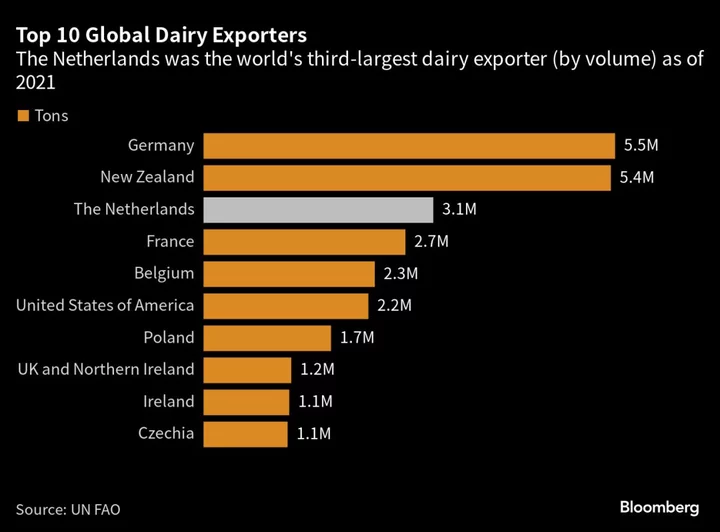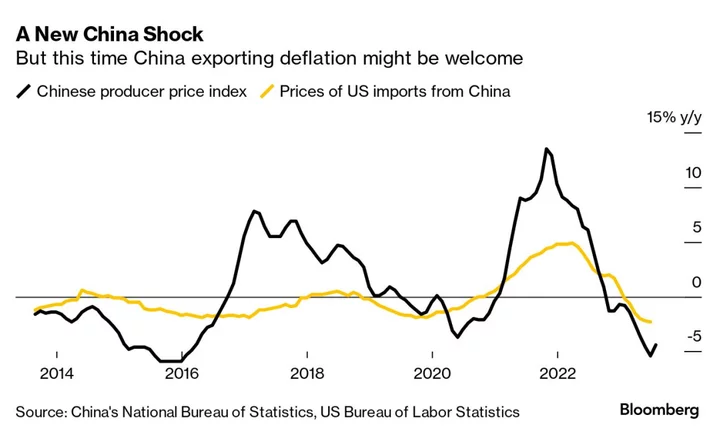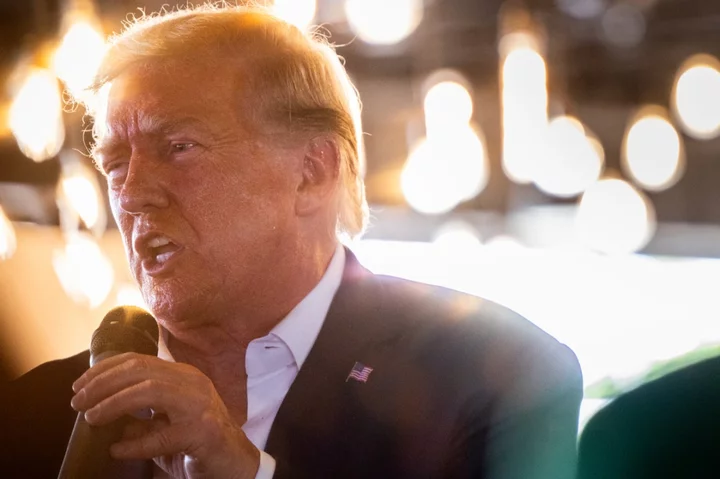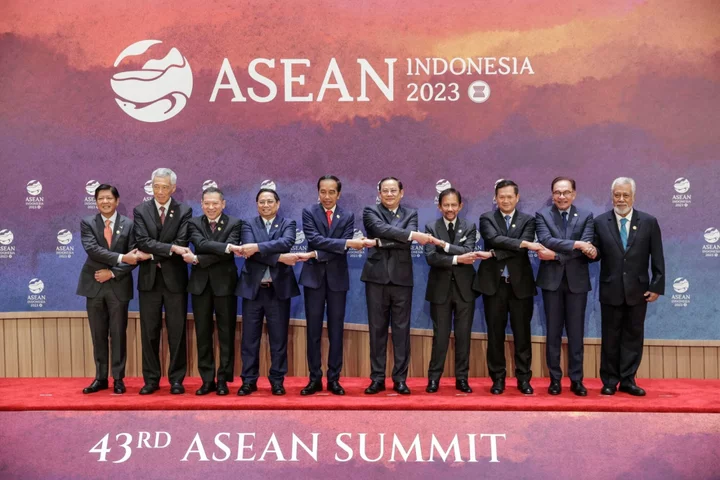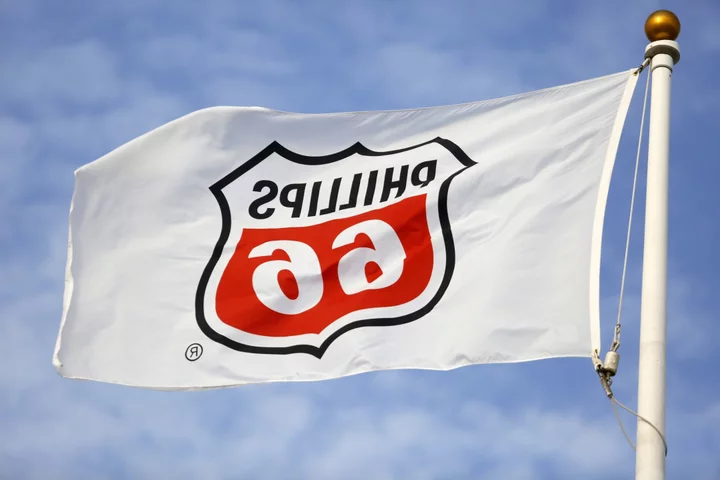Japanese Prime Minister Fumio Kishida underscored his plan to return some tax revenues to the public, fund more handouts for those on low incomes and extend energy subsidies in a speech a day after his party lost a special election.
“By returning part of the extra tax revenue gained through growth, we will ease the burden of rising prices on the people,” he told parliament Monday, adding that he had ordered ruling party officials to consider the details quickly.
Subsidies for gasoline, electricity and household gas, previously extended to the end of the year will be kept in place until the spring, he added.
Kishida’s long-ruling Liberal Democratic Party suffered a decisive defeat in one special election Sunday and barely scraped out a victory in another. The outcome was a fresh setback for the prime minister, whose public support has sagged to its lowest since he took office two years ago, and complicates his decision on whether to call an early general election.
Polls show voters are dissatisfied with the measures Kishida has taken so far to shield them from inflation, even as they hold down price growth by more than a percentage point. The planned tax cuts — which he emphasized will be a temporary measure as wage rises have fallen behind inflation — are an attempt to take a different tack.
Ruling party officials said Friday the tax cuts could take the form of a flat rebate irrespective of income, and could be in place for a period of a year.
While the prime minister doesn’t need to hold an election until 2025, his unpopularity may mean he struggles to control the powerful factions within his party, and his job as LDP leader could be under threat in a vote less than a year away.
He told reporters ahead of the speech that he wasn’t thinking of calling a general election and would focus on urgent matters.
In Sunday’s special elections, the LDP lost an upper house seat on the island of Shikoku and kept a lower house seat in the southwestern prefecture of Nagasaki. Both constituencies were previously held by the ruling party.
Support for Kishida’s cabinet slumped to 29% from 37% in September in a poll carried out by the Asahi newspaper Oct. 14-15, marking the lowest level since he took office two years ago. A slew of other media polls have also shown his approval at its weakest yet.
Japan reported Friday that the pace of inflation slid below 3% in September for the first time in more than a year. Even with the easing price pressure, the Bank of Japan will probably revise higher its forecasts for consumer inflation for this year and next when board members gather at the end of the month.
The data showed that the existing gas and electricity subsidies alone helped shave 0.98 percentage point off overall inflation. The government’s gasoline subsidy is an additional factor holding down inflation.
Kishida added that his government would consider the issue of ride-sharing, amid a shortage of drivers due partly to Japan’s aging population.
--With assistance from Yuki Hagiwara.
(Updates with more background in fifth paragraph.)


